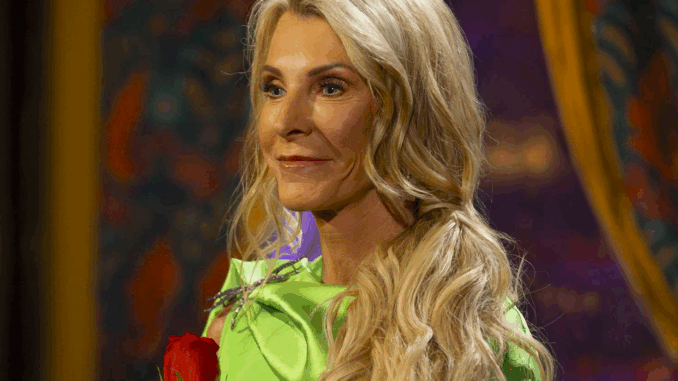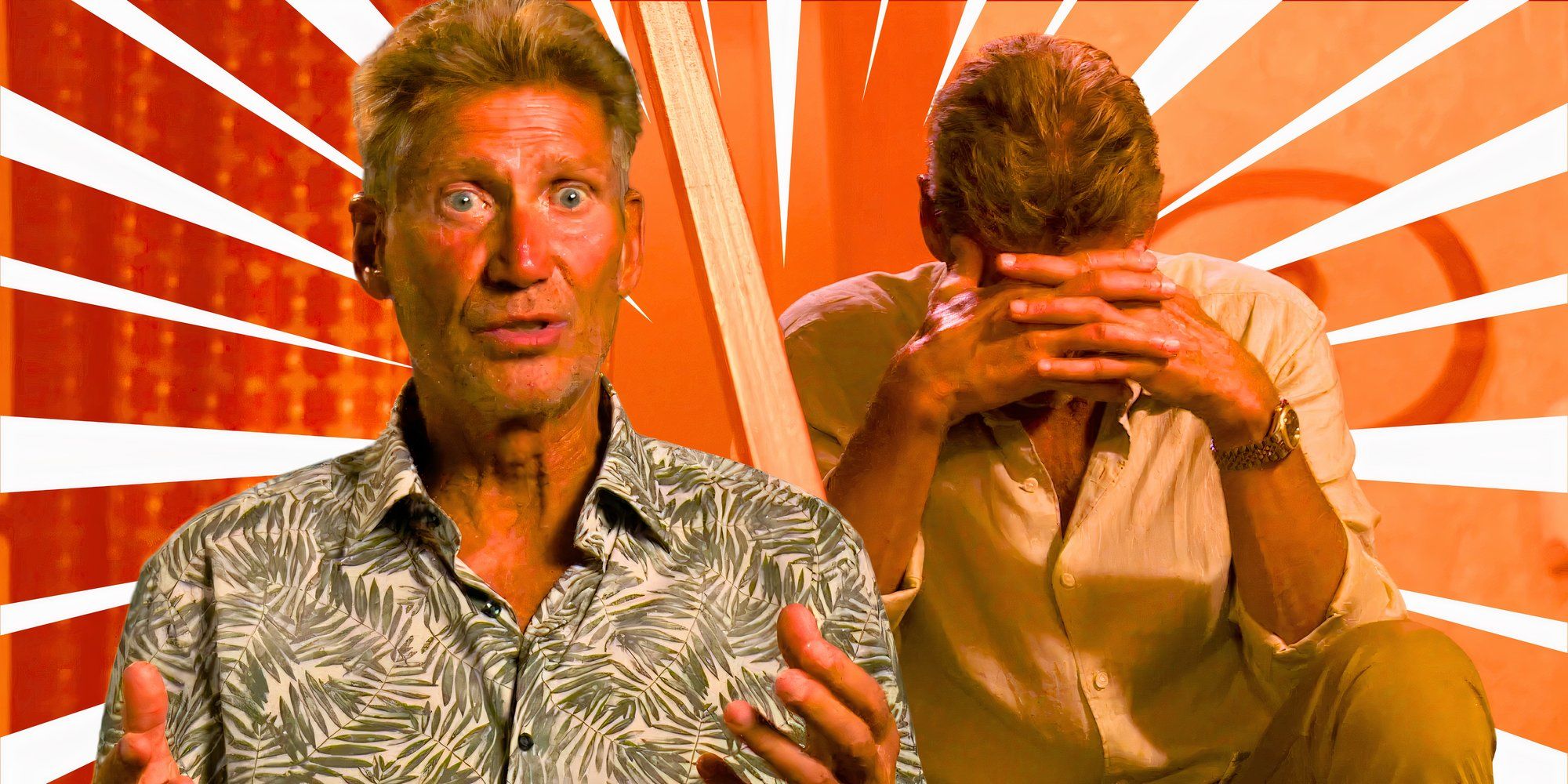
A Different Kind of Bachelor
When The Golden Bachelor was first announced, many viewers weren’t sure what to expect. A dating show for people in their 60s and 70s? Would it be a light-hearted spinoff or a gimmick capitalizing on nostalgia and sentimentality?
But what unfolded was something entirely different: a deeply emotional, unexpectedly profound season where vulnerability, not youth or superficial charm, became the beating heart of the narrative.
Gerry Turner: Leading With Emotion
At the center of it all was Gerry Turner, a 72-year-old widower from Indiana, whose every smile seemed to carry both hope and heartbreak. From the very first episode, Gerry set the tone for the season — not as a player or flirt, but as a man who had loved deeply, lost deeply, and was willing to open up again.
In one of the most poignant early scenes, Gerry spoke through tears about his late wife, Toni. Rather than edit around his grief, the show leaned into it, allowing viewers to witness a man still learning how to heal while remaining open to love. It was a moment of raw, unfiltered emotion, and it signaled that The Golden Bachelor would be something different — more grounded, more human.
“I still talk to her,” Gerry admitted softly. “I ask her if she thinks I’m doing the right thing.”
— Episode 1, The Golden Bachelor
Contestants With Complex Pasts

The women, too, brought depth and dimension to the screen. Many were widows, divorced, or had spent years caring for others instead of themselves. They weren’t chasing fame or influencer deals — they were chasing something real.
Faith Martin, a contestant with a tender heart and a guitar in hand, revealed how music helped her process the pain of losing her partner. Leslie Fhima shared openly about struggling to trust again after heartbreak. Joan Vassos, in one of the season’s most emotional exits, chose to leave the show early to care for her daughter who had just given birth — reminding everyone that love sometimes means putting family first.
Each woman carried stories that resonated far beyond the screen. These weren’t tropes or characters; they were full humans with real-life stakes, fears, and hopes.
Emotional Honesty as a Love Language
What made this season revolutionary wasn’t just that older people were dating on national television — it was that they were allowed to do it while fully feeling everything. The show didn’t mock their tears or minimize their emotional weight. Instead, it honored them.
In a standout moment, when one contestant said, “I didn’t expect to feel this deeply again,” viewers across social media echoed her sentiment. For many, watching The Golden Bachelor meant seeing their parents, grandparents, or even themselves reflected — and respected.
This vulnerability wasn’t weakness. It was strength. And it became the emotional backbone of the series.
Why We Cried, Too
The emotional openness of the show created a powerful ripple effect. Viewers didn’t just watch — they felt. The reactions on social media were filled with surprise and gratitude. Posts like, “Why am I sobbing over The Golden Bachelor?” and “This show healed a part of me I didn’t know needed healing” were common.
Critics praised the show for redefining romance, not as something exclusive to the young, but as a lifelong possibility. Entertainment outlets called it “quietly radical” and “the most authentic thing the franchise has produced in years.”
What This Means for the Future of Reality TV
The Golden Bachelor proved that you don’t have to be dramatic to be compelling. You don’t need 20-somethings in bikinis to generate chemistry. What you need is honesty, emotional maturity, and a willingness to be seen — flaws and all.
The success of the show has already sparked discussions of a spin-off (The Golden Bachelorette), and if it happens, one can only hope the vulnerability that made this season so moving will carry forward.
Because in the end, the most powerful love stories aren’t always about passion — sometimes, they’re about people brave enough to cry on camera and say, “I’m still learning how to love again.”